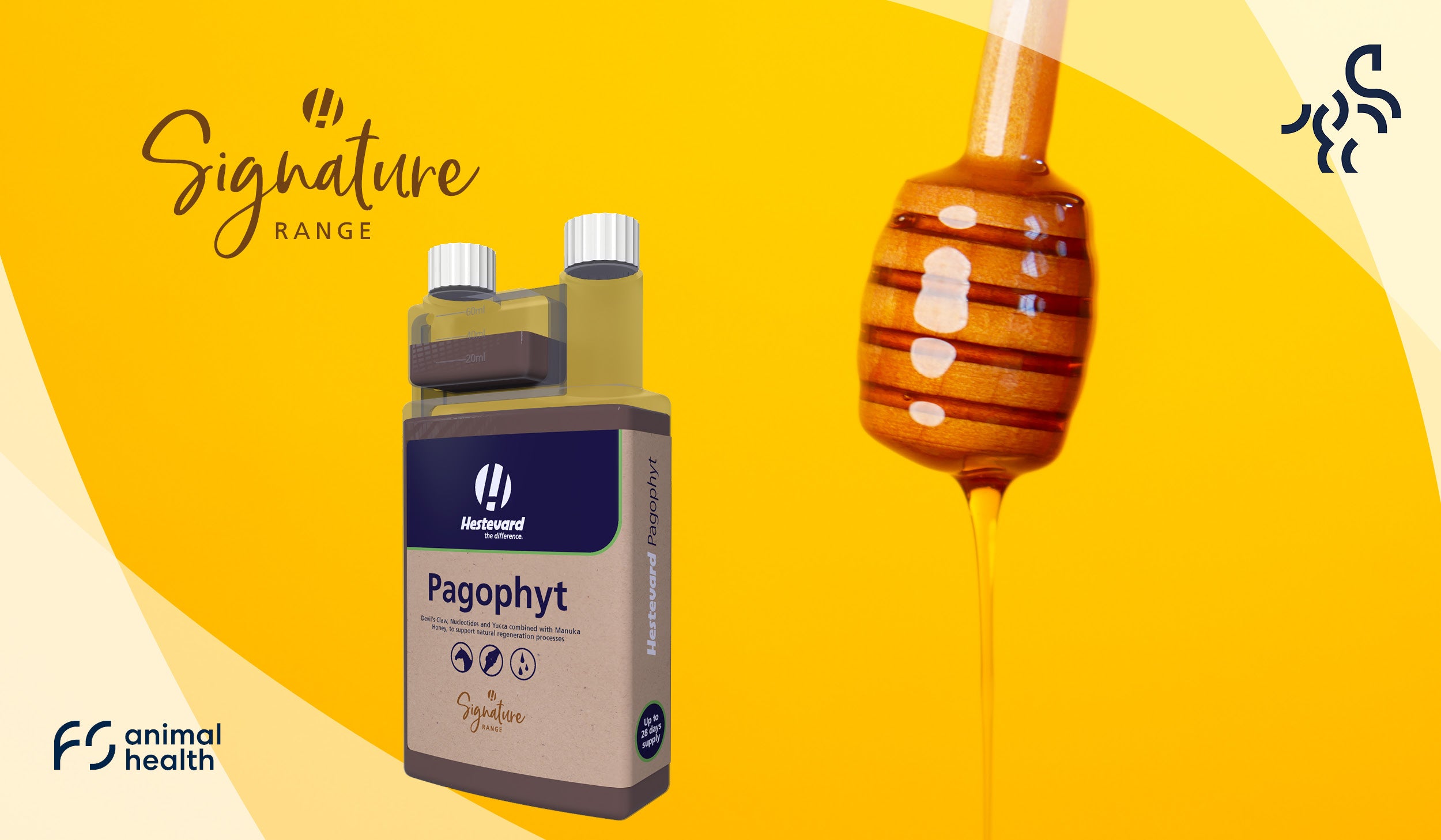Joint health is a crucial factor in a horse's well-being and performance. Unfortunately, horses are prone to joint disease, especially as they age or participate in physically demanding activities. As a horse owner, you are probably looking for ways to support the healing of your horse's joints. One way to do this is through proper nutrition. In this blog post, you will learn which foods can support the healing of your horse's joints.
omega-3 fatty acids
Omega-3 fatty acids are known to reduce inflammation and promote joint health. You can increase your horse's intake of omega-3 fatty acids by giving them feeds such as flaxseed or fish oil. It is important to be careful not to feed your horse excessive amounts of omega-6 fatty acids, as these can promote inflammation. A balanced mix of omega-3 and omega-6 fatty acids is ideal.
antioxidants
Antioxidants are important nutrients that help prevent free radical damage. Free radicals can damage joints and promote inflammation. To ensure your horse gets enough antioxidants, you can give him foods like blueberries, blackberries, carrots, sweet potatoes, and kale.
Glucosamine and Chondroitin
Glucosamine and chondroitin are nutrients needed for the formation and repair of joint cartilage. If your horse suffers from joint pain, supplementing his diet with glucosamine and chondroitin can help reduce pain and promote healing. These nutrients are found in many horse supplements.
protein
Protein is an important nutrient for building and repairing tissues, including the cartilage in the joints. It is important to give your horse an adequate amount of high-quality protein to aid in joint healing. Forages such as alfalfa hay, soybeans and alfalfa can be good sources of protein.
minerals
Certain minerals are important for joint health. Magnesium and calcium contribute to bone growth and strengthening, while copper and zinc are needed for collagen production and therefore tissue repair. You can ensure your horse gets adequate amounts of these minerals by feeding him a balanced diet from a variety of forage sources.
turmeric
Turmeric, also known as turmeric root, is a plant that belongs to the ginger family. It is often used in traditional Indian medicine and has a long history as an anti-inflammatory and pain-relieving agent. Turmeric contains an active compound called curcumin, which is known for its potential health benefits.
In terms of joint health, turmeric has been studied for its anti-inflammatory effects. Inflammation plays a major role in many joint conditions such as arthritis. Studies have shown that curcumin has anti-inflammatory properties and can help reduce inflammation in the joints. This can help reduce pain and improve mobility.
In addition, turmeric may also have antioxidant properties. Antioxidants can help neutralize free radicals that can damage cells. It is believed that the antioxidant properties of turmeric may help improve joint health by protecting cells from damage.
There are also studies that suggest that curcumin may promote the formation of bone tissue and thus help maintain bone health and density.
It is important to note that more studies are needed to understand the exact effects of turmeric on joint health. If you are considering turmeric as a supplement for your horse's joint health, you should discuss this with a veterinarian. Turmeric also has potential side effects and may interfere with the effects of medications.
Movement, movement, movement...
It is also important to note that diet alone is not enough to support your horse's joint health. Regular exercise and adequate rest are also important to keep joints healthy. If you are concerned about your horse's joint health, you should contact a veterinarian for an accurate diagnosis and treatment plan.
There are also several supplements on the market specifically designed to support joint health in horses. These supplements often contain a blend of glucosamine, chondroitin, and other nutrients important for joint health. However, it is important to make sure you are using high-quality supplements that come from a trusted source.
In summary, a balanced diet rich in omega-3 fatty acids, antioxidants, glucosamine, chondroitin, protein and minerals can help support your horse's joint health. If you are concerned about your horse's joint health, you should consult a veterinarian for an accurate diagnosis and treatment plan. By optimizing your horse's diet and making sure he gets plenty of exercise and rest, you can help ensure he lives a long and healthy life.


